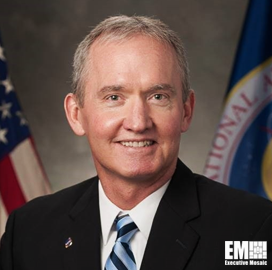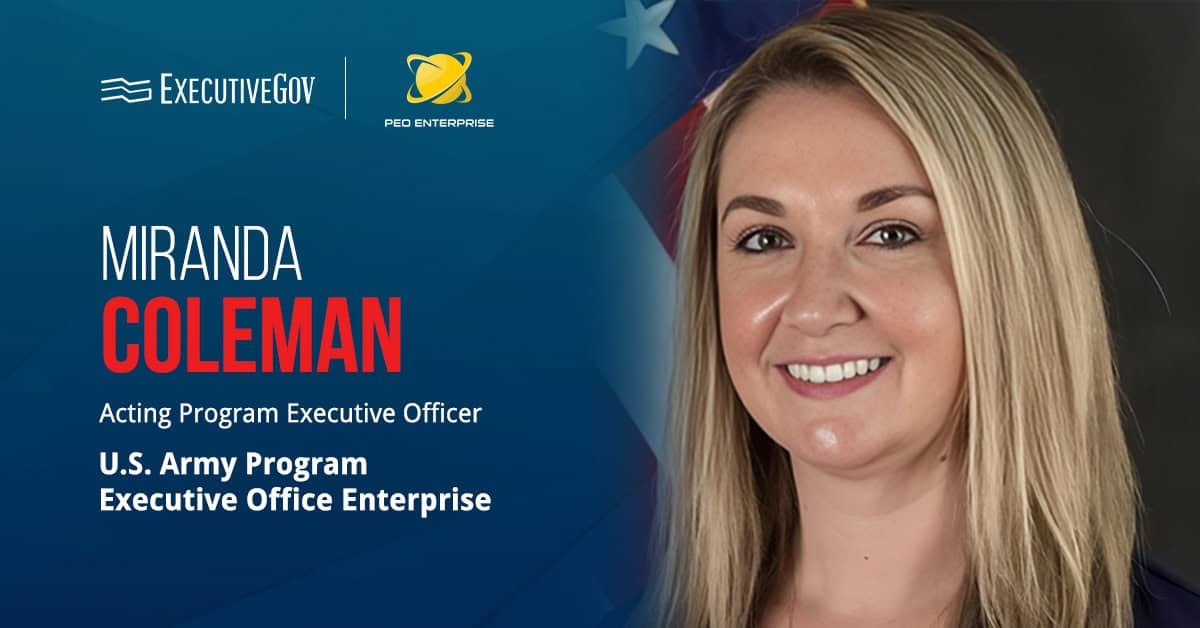W. Russ DeLoach, director of safety and mission assurance (SMA) at NASA’s Johnson Space Center, has been appointed to lead SMA across the whole space agency, effective Jan. 1, 2021.
DeLoach will succeed Terrence Wilcutt who will soon conclude a NASA career that ran for over three decades, the space agency said Wednesday.
The newly named NASA SMA chief developed and led safety approaches for both Johnson and Kennedy space centers. The latter facility serves as a venue for multiple space launch missions.
“His leadership will ensure NASA continues its safety first ideology across the entire agency," Jim Bridenstine, NASA administrator and 2019 Wash100 Award winner, said about DeLoach.
DeLoach first engaged with NASA in 1987 on an internship with a U.S. Army-led technical training program.





